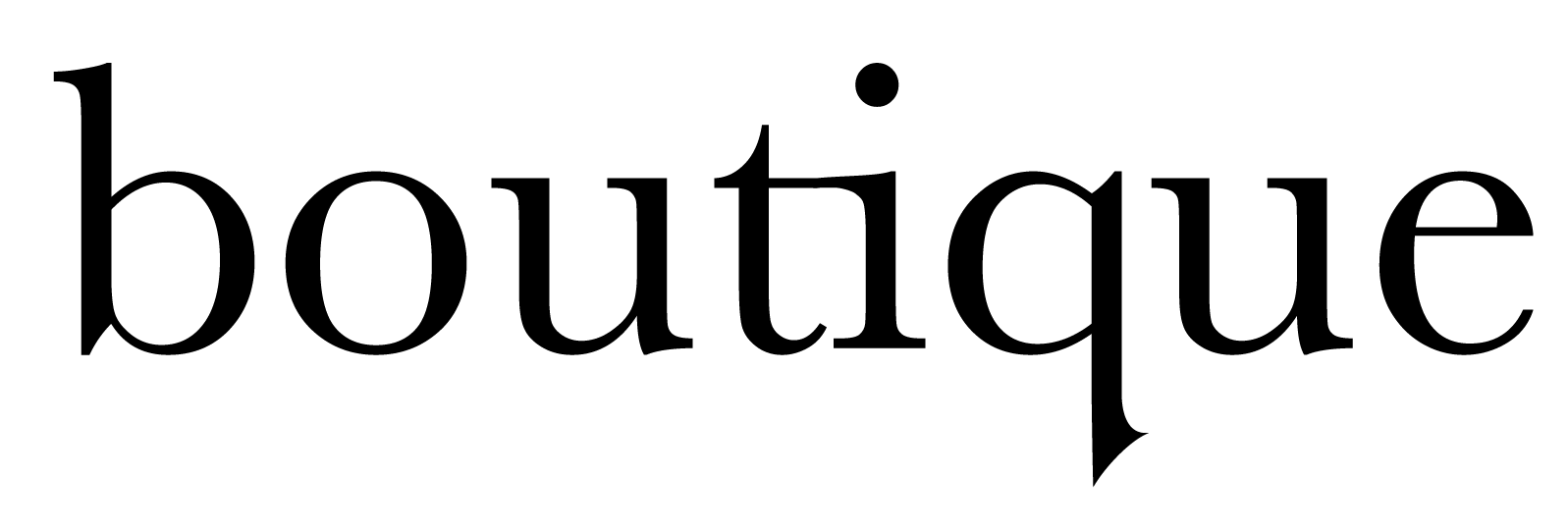How to make your CV stand out
There's no denying it, we have all struggled with writing our CV's at one time or another. It can be extremely daunting, especially if you're a first timer. A CV is a reflection of your work, especially in the administrative field. If you don't format your CV properly, it can make you look lazy. Follow these simple steps and hopefully it will land you that interview you've been waiting for!
1. Be clear and structured
There is no way recruiters are going to read all the CVs in detail. They begin by ‘scanning’ the CVs received by reading them diagonally. Only those that catch their attention upon first reading will be examined more closely. Choose an attractive layout by structuring your ideas. For this purpose, use paragraphs and clear titles.
2. Avoid embellishments
A CV is a professional document. Don’t try to make it stand out by using an eccentric font or colours. Keep it simple, clear and to the point.
3. Be concise
Your CV isn’t a novel. Avoid telling the story of your life. Make sure the document doesn’t exceed 1 to 2 pages of A4. Indicate a few relevant elements regarding your professional experience (tasks, responsibilities, etc.) and possibly your education (courses, title of your dissertation, etc.).
4. Make sure you can be easily contacted
If the recruiter wants to contact you, they must be able to find your personal information at first glance. Put it at the top of the first page. Think of putting your age rather than your date of birth to make things easier for the person reading your CV.
5. Remove all unnecessary information
Avoid putting ‘curriculum vitae’ at the top of the document. Similarly, don’t put ‘name’ in front of your name, ‘address’ in front of your address, etc. If your CV is clear and well structured, there will be no room for uncertainty.
6. Put the emphasis on your experience
Your experience is what interests the recruiter above all. It is more important than your training and must therefore be mentioned first. Make sure it is relevant to the job for which you are applying. No professional experience yet? Then emphasise any placements and student jobs. If you really don’t have any relevant experience, begin with your education.
7. Only mention relevant training
Of course you have to mention your basic education and your specialisations relevant to the job, but make it brief. If you have a degree, the recruiter won’t be interested in your primary and secondary school studies, for instance. Have you done any training during your career that you think is pertinent to the job in question? Speak about it briefly.
8. Work in chronological order
Whether you are writing about your experience or your education, the most recent information is the most important. Always put it first.
9. Be precise
Don’t forget to mention your language and computer skills. It is essential but also mention your level of knowledge. For example: excellent, good, average, basic. Regarding languages, make a distinction between your reading, spoken and written abilities.
10. Personalise your CV
Your CV isn’t a standard document. It is in your best interest to adapt it according to the job you are targeting. Some experience or education/training might be more relevant for one job than for another.
We hope you found those tips helpful, and remember we are always here for advice if you need!

